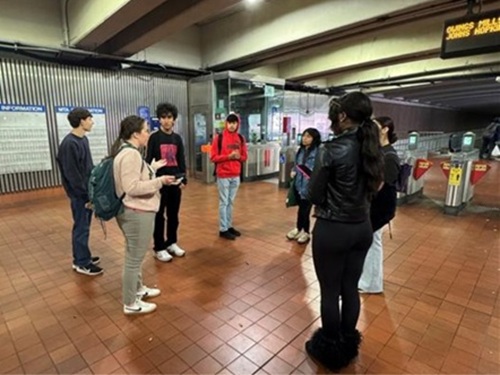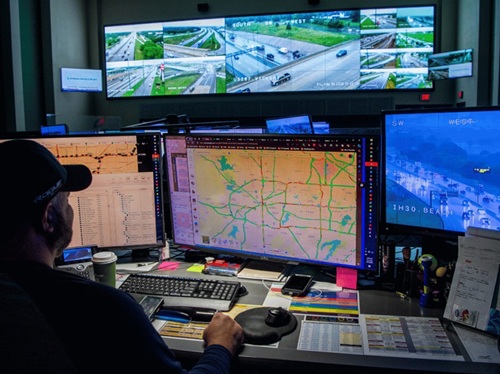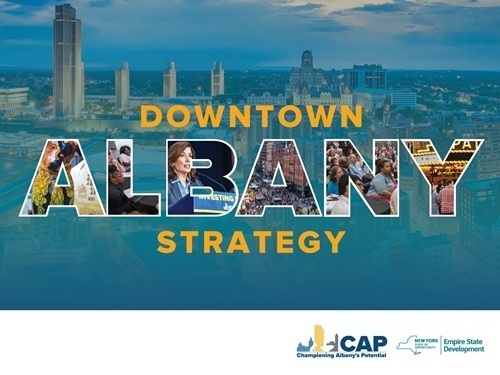The Pennsylvania Department of Transportation and Keep Pennsylvania Beautiful (KPB) recently announced the 2025-2026 cohort of Young Ambassadors of Pennsylvania; a initiative, now in its fourth year, designed to cultivate the passion and leadership of young community stewards.
[Above image via PennDOT]
Now through May 2026, those 28 newly named student ambassadors will develop civic leadership skills and gain hands-on experience as they champion and advocate for clean and beautiful communities across Pennsylvania.
KPB will provide education and training to program participants on topics related to the impacts of litter, litter prevention, waste management and recycling, civic engagement and related public policy, volunteer management, and social media marketing. KPB will also award two $1,000 scholarships as part of this program; one to a current Young Ambassador and one to an alum of the program.
“Restoring and preventing environmental damage means making sure our future leaders have the ecological know-how to make sustainable change happen,” said PennDOT Secretary Mike Carroll in a statement. “Youth across the state are more engaged in this fight than ever before. With the fourth year of the Young Ambassadors program underway, KPB and PennDOT are helping plant the seeds for a cleaner future.”
Ambassadors also have an opportunity to apply for job shadowing with Columbia Gas of Pennsylvania funded by the NiSource Charitable Foundation. Selected students will spend the day in the field with sustainability professionals. Keep Pennsylvania Beautiful will provide a stipend to participants to support time and travel expenses.
PennDOT noted that the Young Ambassador program was formed as a result of the state’s Litter Action Plan, published in 2021, in response to a 2019 Pennsylvania Litter Research Study that found Pennsylvania has more than 500 million pieces of litter on its roadways.

Across the country, state departments of transportation are working to engage youth in the transportation sector via a variety of outreach efforts.
For example, the Maryland Transit Administration (MTA) – a division of the Maryland Department of Transportation – is currently putting together the next cohort of its Youth Transit Council, a three-year endeavor that serves as a forum for young leaders aged 14 to 18 so students can to share ideas, build leadership skills, and provide input on how transit can better serve riders of all ages. In 2024, for instance, the Youth Transit Council members helped to create the new Code of Conduct for the agency
“Youth voices are critical to the future of transit,” said noted Holly Arnold, MTA administrator, in a statement. “The Youth Transit Council helps us better understand how we can meet the needs of young riders while providing them with meaningful leadership opportunities.”
 States
States
TxDOT Updates Artificial Intelligence Strategic Plan
February 27, 2026 States
States

